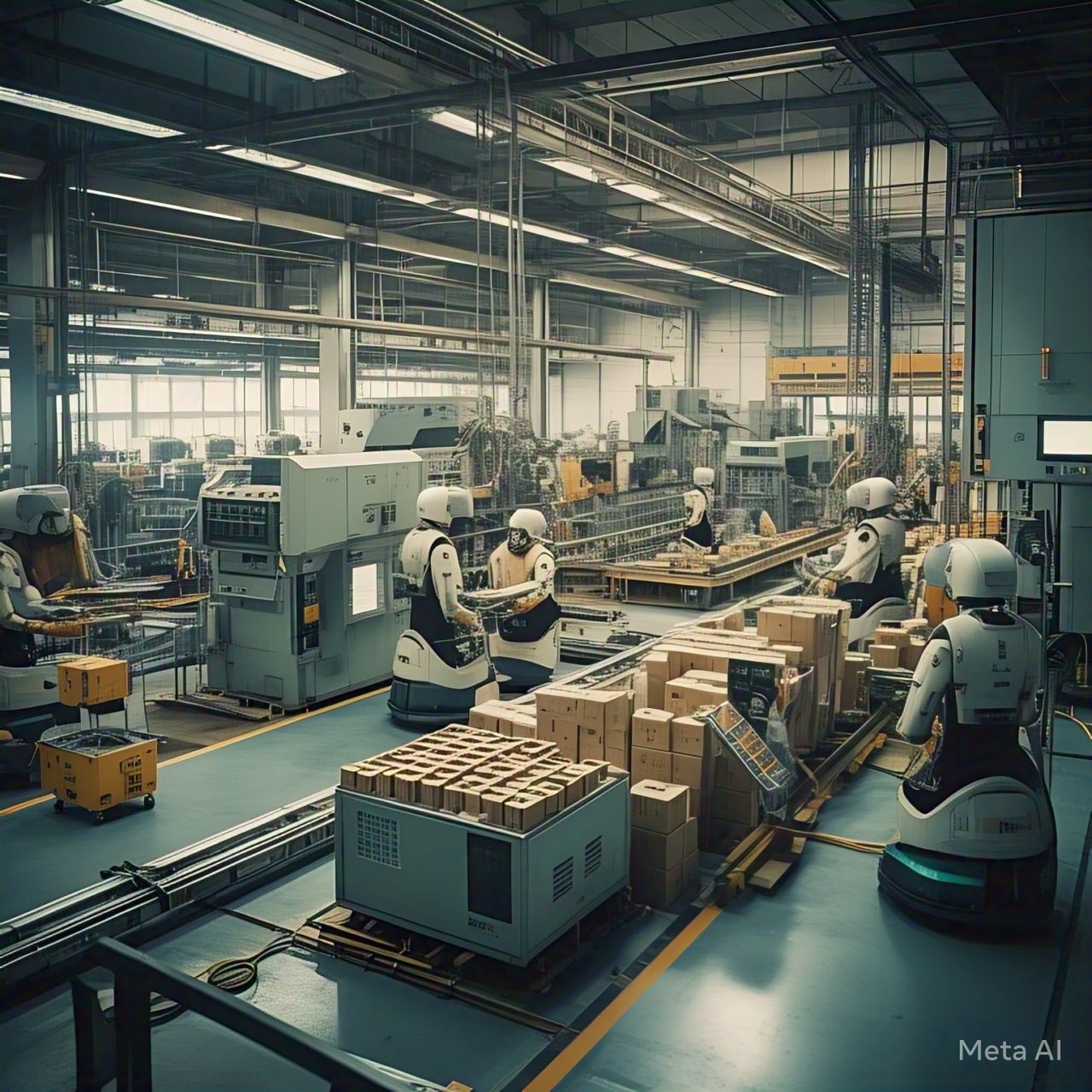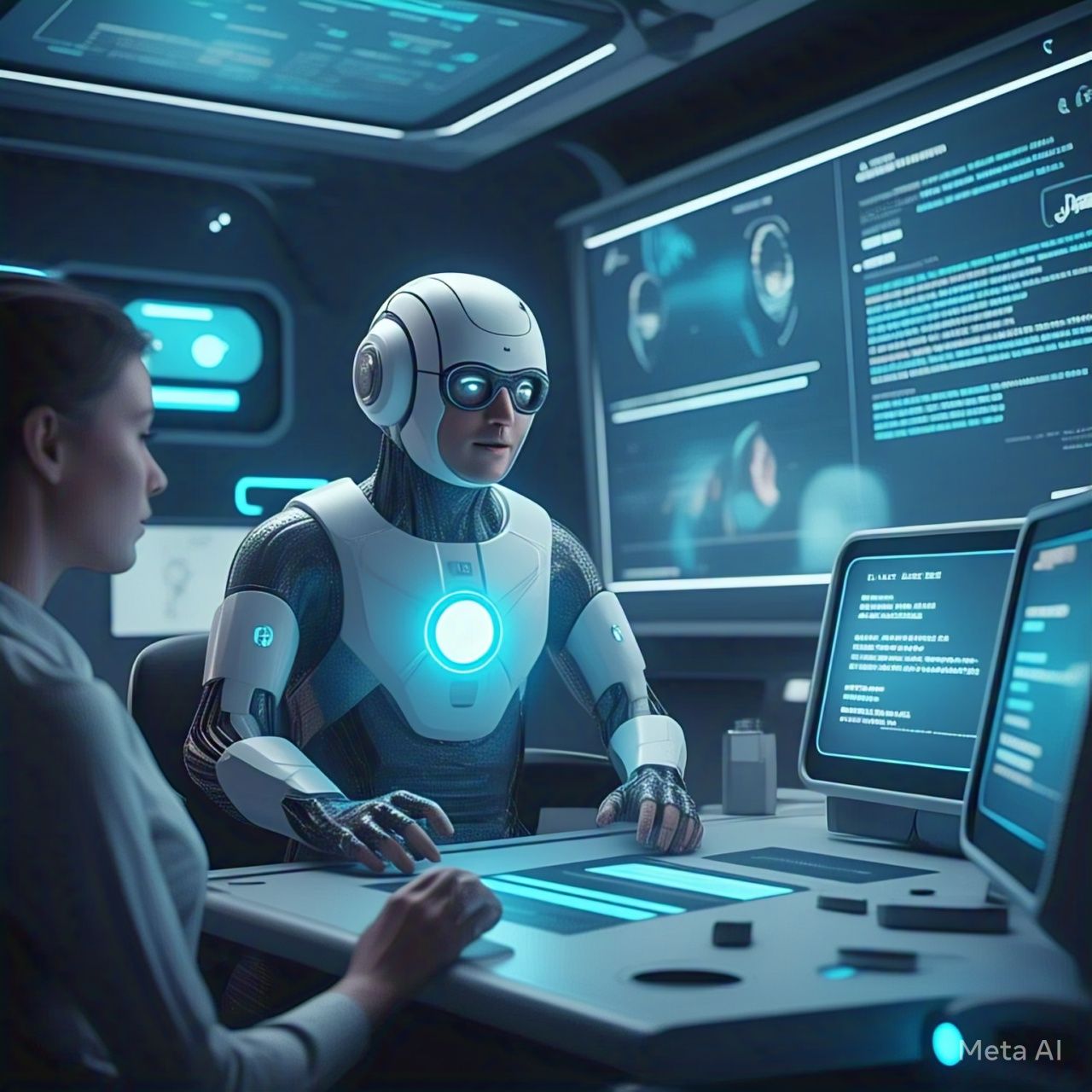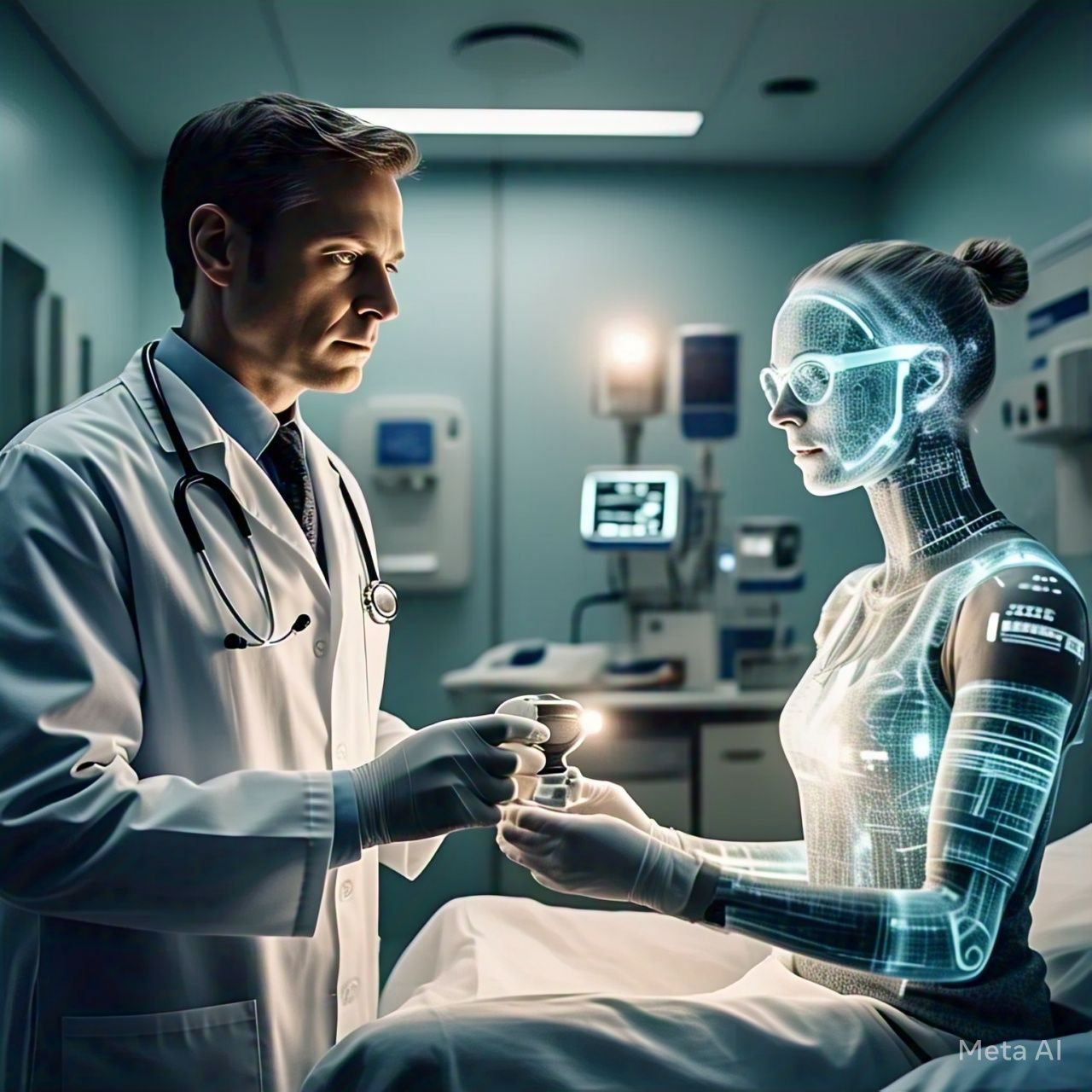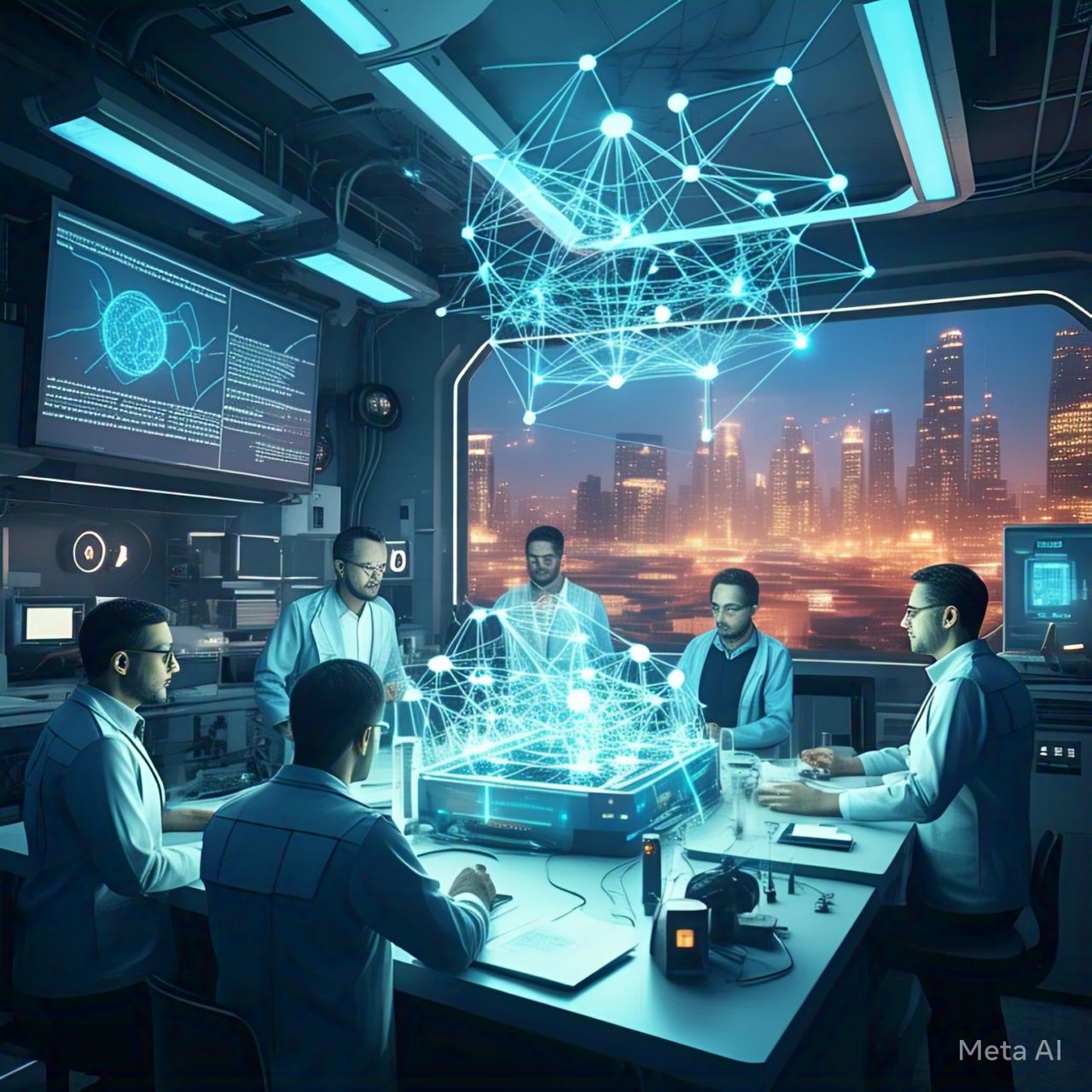Introduction
Artificial Intelligence (AI) is revolutionizing the manufacturing industry, paving the way for the Smart Factory Era. AI-powered technologies are enhancing production efficiency, reducing operational costs, and improving product quality. From predictive maintenance to automated quality control, AI is transforming traditional factories into intelligent, data-driven operations. This article explores how AI is reshaping manufacturing and why businesses must embrace this technological evolution to stay competitive.
The Role of AI in Smart Manufacturing
1. Predictive Maintenance
AI-driven predictive maintenance uses machine learning algorithms and IoT sensors to monitor equipment health in real time. By analyzing data patterns, AI predicts potential failures before they occur, reducing downtime and maintenance costs.
2. Automated Quality Control
AI-powered vision systems detect defects and inconsistencies in products with greater accuracy than human inspectors. This enhances quality control, reduces waste, and ensures consistent product standards.
3. Robotics and Automation
AI-driven robots streamline manufacturing by handling repetitive tasks with precision and speed. These robots improve workplace safety, reduce labor costs, and increase production efficiency.
4. Supply Chain Optimization
AI enhances supply chain management by predicting demand fluctuations, optimizing inventory levels, and improving logistics. AI-powered analytics help manufacturers make data-driven decisions, reducing waste and improving efficiency.
5. Digital Twin Technology
AI-driven digital twins create virtual replicas of physical manufacturing processes. These simulations allow manufacturers to test optimizations and identify potential issues before implementing changes in real-world operations.
Benefits of AI in Manufacturing
1. Increased Efficiency and Productivity
AI automates processes, minimizes errors, and accelerates production cycles, leading to higher output and efficiency.
2. Reduced Operational Costs
Predictive maintenance, automated quality control, and optimized resource utilization help manufacturers cut costs and maximize profitability.
3. Improved Product Quality
AI-driven quality control ensures that defects are minimized, resulting in consistently high-quality products.
4. Enhanced Workplace Safety
AI-powered robots handle hazardous tasks, reducing the risk of workplace injuries and creating a safer working environment.
5. Sustainability and Waste Reduction
AI optimizes energy consumption, minimizes material waste, and promotes sustainable manufacturing practices.
The Future of AI in Manufacturing
As AI technology advances, manufacturing will continue to evolve towards greater automation, efficiency, and innovation. Future developments may include AI-powered self-learning machines, 3D printing with AI-driven precision, and fully autonomous smart factories. Manufacturers that invest in AI-driven solutions will be well-positioned to thrive in the rapidly evolving industrial landscape.
Conclusion
AI is ushering in the Smart Factory Era by transforming manufacturing processes with automation, predictive insights, and intelligent decision-making. Businesses that integrate AI into their manufacturing operations will gain a competitive edge through increased efficiency, cost savings, and improved product quality. As AI continues to revolutionize the industry, smart factories will become the standard for modern manufacturing.





